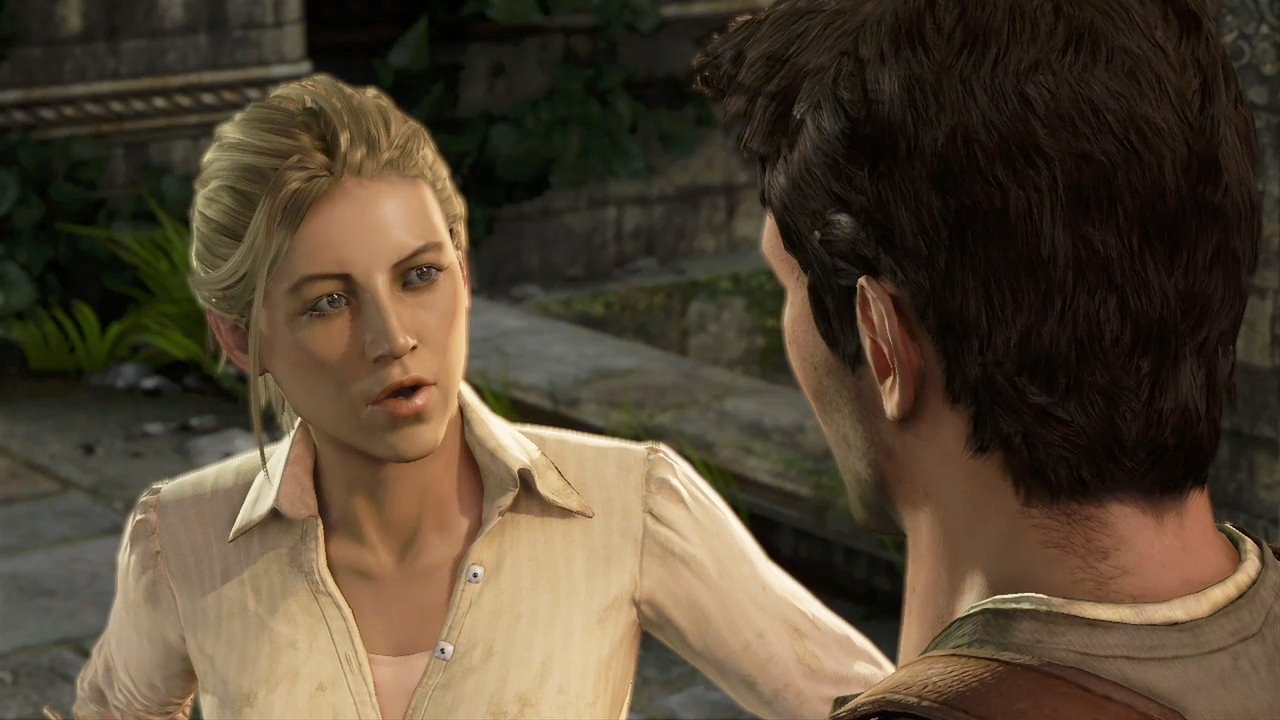I’m an unabashed fan of Naughty Dog’s Uncharted series. The historical framework, the character banter and the kinetic set-pieces all hit just the right note for me. Even as someone who isn’t much for competitive multiplayer, I’ve sunk a ludicrous number of hours into Uncharted 2 and 3’s online mode. I’ve also played through each of the games on various difficulty levels (still haven’t managed 3 on Crushing) and spent far too much time chasing after game trophies that I could usually care less about.
That said, I don’t want to see any more Uncharted games released.
The PlayStation Vita entry to the series, Uncharted: Golden Abyss, is, aside from some unfortunate design choices, a really fun game. I have no malice toward it and plan to play it again sometime in the future. Despite this, the more I think about Golden Abyss the more I wished I had never experienced it. Uncharted has always impressed me with the strength of its writing: the cast of characters — good guys and villains alike — are well developed, almost entirely believable and just plain fun to spend time with. The plot of each entry in the series provides a tasty mix of history, legend and (usually) supernatural elements that fit into the tone really well.
After playing Golden Abyss, though, what I started to think of as my favourite aspect of the writing is the fact that I don’t know everything about the series’ characters and overarching plot. Is Elena a History Channel celebrity? Was the death of her cameraman Jeff a big story back home? Why does Drake have an American accent if he was raised in Columbia?
All of these questions represent aspects of some of my favourite game characters that I have no desire to have explained to me. Naughty Dog’s writers, in the three PlayStation 3 Uncharted entries, provided enough information to give their cast interesting motivations and inter-character relationships without letting us know every single detail of their lives. We aren’t told how old Drake is, how Sully got his start as a globe-trotting treasure hunter or where Lazarevic got those gnarly burns. Instead, we’re given clues and asked to personalize the story ourselves. After all, the human imagination will always do a better job of providing the fine details than explicit exposition can.
Golden Abyss fails by filling in too much of the backstory and, if further prequel entries are released for the Vita (I’d take a bet that they will), the mystique that makes Uncharted so great is sure to become even further dampened. Golden Abyss is at its best when it aspires to be nothing more than another one-off Nathan Drake adventure and it is at its worst when it strives to develop the series’ protagonist further. What Bend Studio, developers of the game, are faced with if asked to create further handheld Uncharted iterations is an impossible dilemma: either give us new details on Drake so as to make the stakes of the action higher (and weaken the character by overly defining him) or provide a game with less emotional weight (and weaken that game’s level of dramatic quality).
Either way, new entries can only damage the quality of the existing PS3 trilogy. So, what’s the solution? For me it will probably be just ignoring any further Uncharted games. What would be better, though, would be Sony giving Bend Studio the go-ahead to develop their own, original intellectual properties now that they’ve proven their ability to create quality story-driven shooters on the Vita hardware.
Many great stories are great because their authors have correctly chosen how many details to reveal and how many to leave to the reader’s imagination. This applies to videogame narrative as well, but the industry’s love of expanding franchises until doing so stops being profitable is harmful to the quality of the stories being told in the medium.
***
Reid McCarter is a writer, editor and musician living and working in Toronto. He has written for sites and magazines including Kill Screen, The Escapist and C&G Magazine. He founded, writes and edits the videogame blog digitallovechild.com and is Twitter-ready @reidmccarter.




